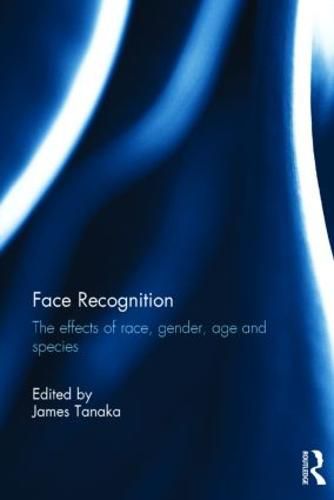Readings Newsletter
Become a Readings Member to make your shopping experience even easier.
Sign in or sign up for free!
You’re not far away from qualifying for FREE standard shipping within Australia
You’ve qualified for FREE standard shipping within Australia
The cart is loading…






Although most people are good at face recognition, we are particularly good at recognizing the faces of individuals who share our race, gender, age and species. What factors might account for this type of bias in face recognition? This collection considers the issue of how our identity influences the type of perceptual experience that we have to faces, which, in turn, influences the processes of face recognition. Leading experts from cognitive psychology, neuroscience and computer science address a wide range of topics related to the neural and computational basis of the own versus other effect in face recognition, the impact of early experience in infant face recognition, the effect of laboratory training to reverse the other-race effect, cultural differences in expression recognition and the forensic and social consequences of own versus other face recognition. The combined work gives the reader a comprehensive overview of the field and an insider’s perspective on the role that identity and experience play in the everyday process of face recognition.
This book was originally published as a special issue of Visual Cognition.
$9.00 standard shipping within Australia
FREE standard shipping within Australia for orders over $100.00
Express & International shipping calculated at checkout
Although most people are good at face recognition, we are particularly good at recognizing the faces of individuals who share our race, gender, age and species. What factors might account for this type of bias in face recognition? This collection considers the issue of how our identity influences the type of perceptual experience that we have to faces, which, in turn, influences the processes of face recognition. Leading experts from cognitive psychology, neuroscience and computer science address a wide range of topics related to the neural and computational basis of the own versus other effect in face recognition, the impact of early experience in infant face recognition, the effect of laboratory training to reverse the other-race effect, cultural differences in expression recognition and the forensic and social consequences of own versus other face recognition. The combined work gives the reader a comprehensive overview of the field and an insider’s perspective on the role that identity and experience play in the everyday process of face recognition.
This book was originally published as a special issue of Visual Cognition.